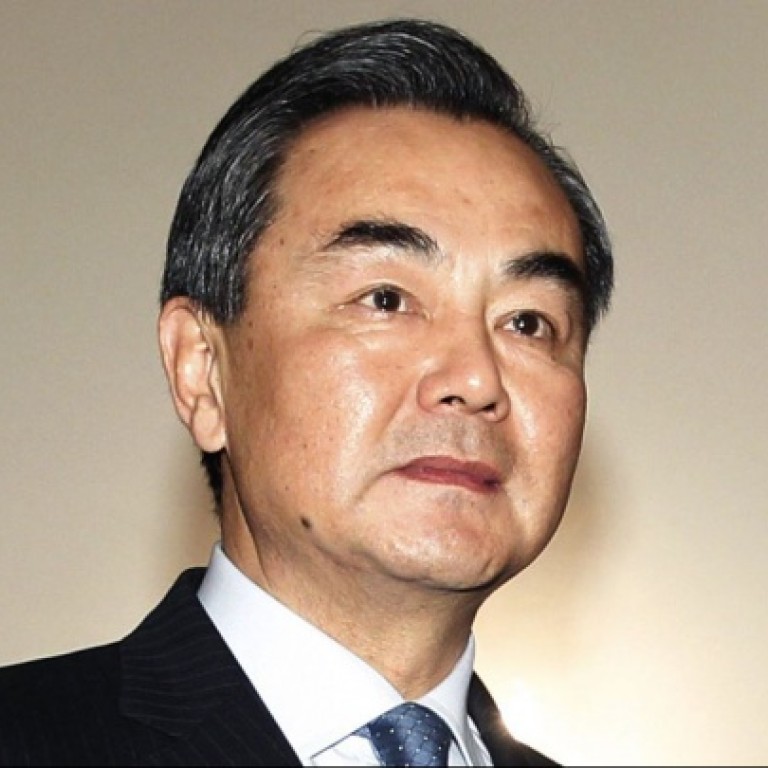
Beijing talks tough again on US influence in region
Foreign Minister Wang Yi makes oblique reference in warning against regional provocation - the second caution in a week
Chinese diplomats have resorted to tough rhetoric against the United States for the second time in a week as they seek to cement ties with four Southeast Asian nations, in what analysts say is a sign that Beijing remains deeply suspicious of Washington.
The latest incident occurred when Foreign Minister Wang Yi held talks with his Indonesian counterpart, Marty Natalegawa, in Jakarta on Thursday. They discussed territorial disputes in the South China Sea, which have seen China, Vietnam and the Philippines engage in bitter exchanges.
In Singapore yesterday, Wang told Prime Minister Lee Hsien Loong that Beijing was ready to forge an "upgraded" relation with the country. Wang said the two sides should consider co-operating to build a regional financing platform, conduct defence and security exchanges, and co-ordinate in international and regional affairs, Xinhua reported.
Lee said Singapore was willing to help deepen the strategic partnership between the Association of Southeast Asian Nations and China, according to Xinhua.
Wang told Marty on Thursday that China was committed to maintaining peace in the region, and settling disputes through bilateral negotiations with other claimant parties, which include Malaysia, Brunei and Taiwan.
No single power or nation should be allowed to stir up troubles and provocations in the region for selfish gain
He added: "No single power or nation should be allowed to stir up troubles and provocations in the region for selfish gain."
Wang did not name any country, but Beijing has previously shown its dismay at Washington's strengthening ties with East Asian nations, particularly Vietnam, the Philippines and Japan.
On Wednesday, China's ambassador to the US, Cui Tiankai , warned Washington not to meddle in a territorial dispute in the East China Sea between Beijing and Tokyo.
Professor Du Jifeng , of the Chinese Academy of Social Sciences, said Washington had been less critical of Beijing since Barack Obama's re-election as US president, but Beijing was still worried about Washington's strategy in the region.
Wang's itinerary reflected such concerns, Du said, highlighting the inclusion of visits to Indonesia and Brunei, countries whose ties with the US were not as strong as those between Washington and other Asian nations. Wang also visited Thailand.
US Secretary of State John Kerry has said the US supports a code of conduct to manage the South China Sea disputes, but Beijing is sceptical, believing that such a code could lead to the recognition of sovereignty claims by other parties.
Professor Zhang Mingliang , a specialist in South China Sea affairs at Jinan University, said China hoped the four nations Wang visited could help Beijing counter US influence at a regional summit next month. "Even though these nations may not openly support China, Beijing hopes they will refrain from joining Vietnam and the Philippines in criticising China."
Analysts expect Beijing will continue to cement ties with its neighbours to counterbalance US influence. Premier Li Keqiang will visit India on May 20. While India is getting closer to the US, analysts said Li would tell New Delhi that it could still be Beijing's friend.

